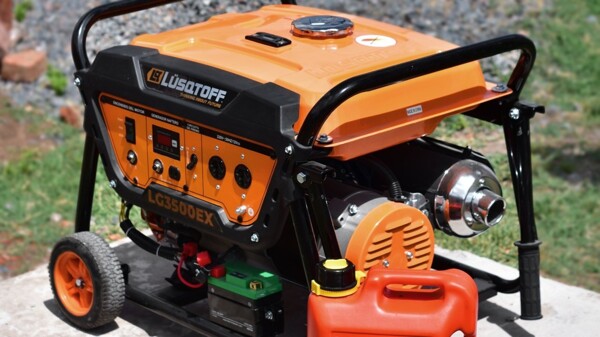
The electricity bill and other services continue to rise, leading users to seek ways to mitigate their impact on domestic economy through Energy Efficiency. Reducing electricity waste is an important first step to save on costs, but more and more people are opting to replace their appliances with more energy-efficient models.
Recently, there has been a significant increase in demand for A class and higher products, which consume between 25% and 50% less electricity. Inverter technology is one of the standout options in this regard, as it can reduce the energy consumption of appliances by between 30% and 50%.
Next-generation appliances have an energy efficiency classification represented by a color bar and letters. The most efficient products are identified with the color green and the letter A, while the least efficient are shown in red with the letter G.
In the case of refrigerators and washing machines, for example, it has been demonstrated that A++ and A+++ ratings consume significantly less energy than lower ratings. Washing machines with Inverter motors not only reduce energy consumption but also extend the lifespan of the appliances. Additionally, innovations in Design for Sustainability are helping to minimize water and electricity usage in devices like washing machines and refrigerators.
The cutting of subsidies on electricity rates will impact around 9.5 million households, and it is expected that the adjustments will mainly affect low-income users. Despite the announced increases, a considerable rise for users across all social strata has been avoided. The current situation puts the focus on seeking a fiscal balance that does not excessively affect the most vulnerable sectors.
In summary, the pursuit of energy efficiency in Argentine households has become a priority for many users, especially in light of the continuous increases in basic service tariffs such as electricity. Investing in more efficient appliances not only allows for long-term savings but also contributes to reducing the environmental impact of each household.














